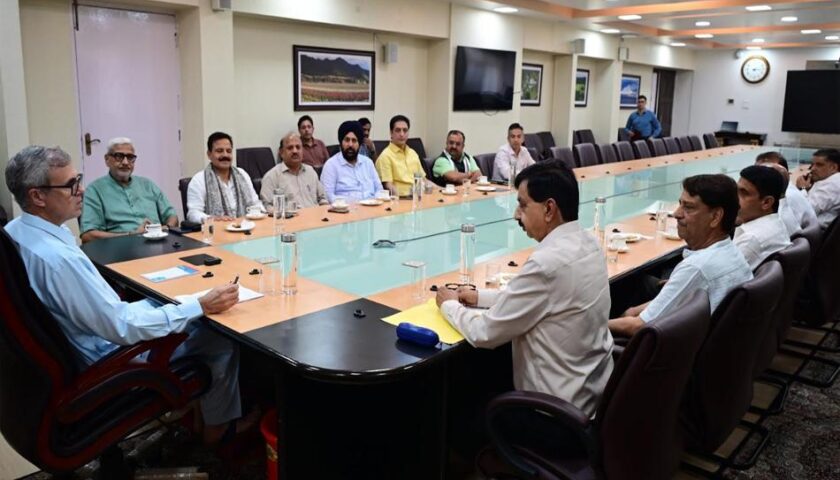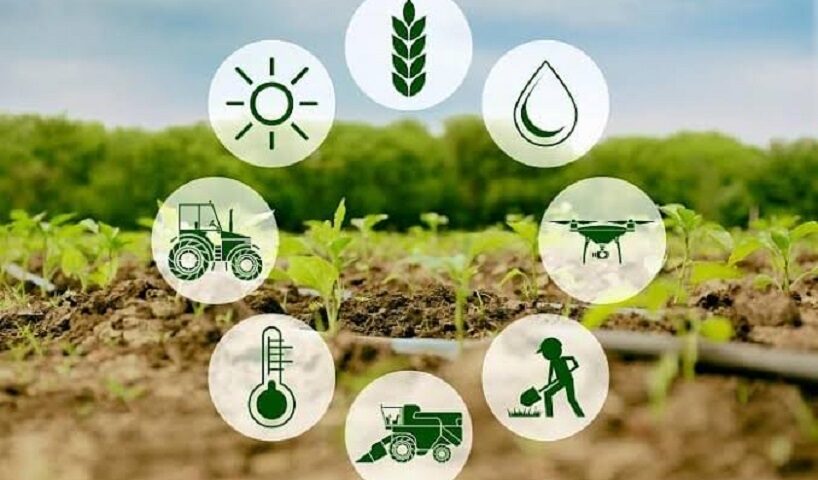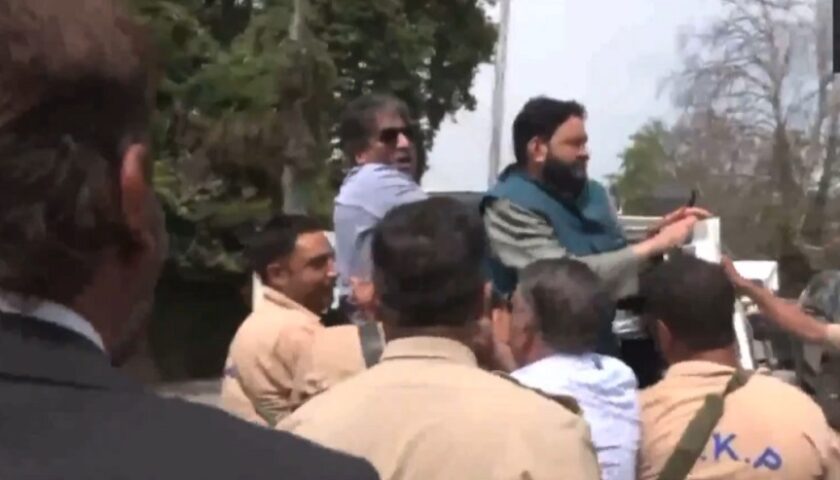In June, Prime Minister Narendra Modi in Srinagar had said not only assembly polls will be held in the UT but also statehood will be restored. Last year while hearing Article 370 case, the Supreme Court had directed the ECI to hold assembly elections in Jammu and Kashmir by September 30, 2024.
In a fresh indication that assembly polls in Jammu and Kashmir are imminent, the Election Commission (EC) has asked the union territory administration to transfer out officers posted in their home districts, an exercise it holds ahead of conducting elections. It has issued similar directions to the chief secretaries of Maharashtra, Haryana and Jharkhand, regions where polls are due.
In June, Prime Minister Narendra Modi in Srinagar had said not only assembly polls will be held in the UT but also statehood will be restored. Last year while hearing Article 370 case, the Supreme Court had directed the ECI to hold assembly elections in UT by September 30, 2024.
In a communication from the ECI to J&K’s chief secretary and chief electoral officer, officials have been asked that no official connected directly with polls shall be allowed to continue in the present district (revenue district) of posting if she/he is posted in her/his home district or if she/he has completed three years in that district during last four years or would be completing three years on or before September 30, 2024.
The last assembly elections in J&K were held in 2014 and then PDP and BJP formed a coalition government. However, the BJP withdrew its support from the government resulting in the fall of the government. Later, J&K came under the President’s rule. After abrogation of Article 370 on August 5, 2019, the erstwhile state was bifurcated into two UTs, J&K and Ladakh, and fresh delimitation also increased the number of assembly seats. However, elections have been delayed which forced leaders of major political parties to meet the ECI in New Delhi. While the process for elections and revision of fresh electoral rolls has already been completed, the final dates are yet to be announced.
ECI kicks-in state assembly poll exercise
Ahead of the upcoming legislative assembly elections in Haryana, Jharkhand, and Maharashtra, the Election Commission of India (ECI) has issued a directive to the state government regarding the transfer of officers directly connected with election duties and posted in home districts.
The terms of the current legislative assemblies of Haryana, Jharkhand, and Maharashtra are set to end on November 3, 2024, January 5, 2025, and November 26, 2024, respectively. Elections for these states are scheduled for later this year.
“I am directed to state that the terms of existing state legislative assemblies of Haryana, Jharkhand and Maharashtra are up to November 3, 2024, January 5, 2025, and November 26, 2024, respectively, and election are due in 2024. Further, the election to the legislative assembly of UT of Jammu and Kashmir is also due in near future,” reads the July 31 letter of the ECI marked to chief secretary of Haryana; Chandigarh; Jharkhand, Ranchi; Maharashtra and UT of Jammu and Kashmir.
The commission has been following a consistent policy that officers directly connected with conduct of elections in an election going state/UT are not posted in their home districts or places where they have served for considerably long period, the letter says.
In line with its longstanding policy, the ECI has directed the administration of poll-bound state governments that officers directly involved in the election process will not be allowed to continue in their present districts if they are posted in their home district or have completed three years of service in that district within the last four years.
This move is aimed to ensure impartiality and prevent any undue influence or familiarity that might affect the fairness of the election process. The chief secretaries and chief electoral officers of the respective states and the union territory have been instructed to implement these transfers promptly.
The ECI’s directive underscores its commitment to conducting free and fair elections and maintaining the integrity of the electoral process and ensuring a level playing field for all. Source






